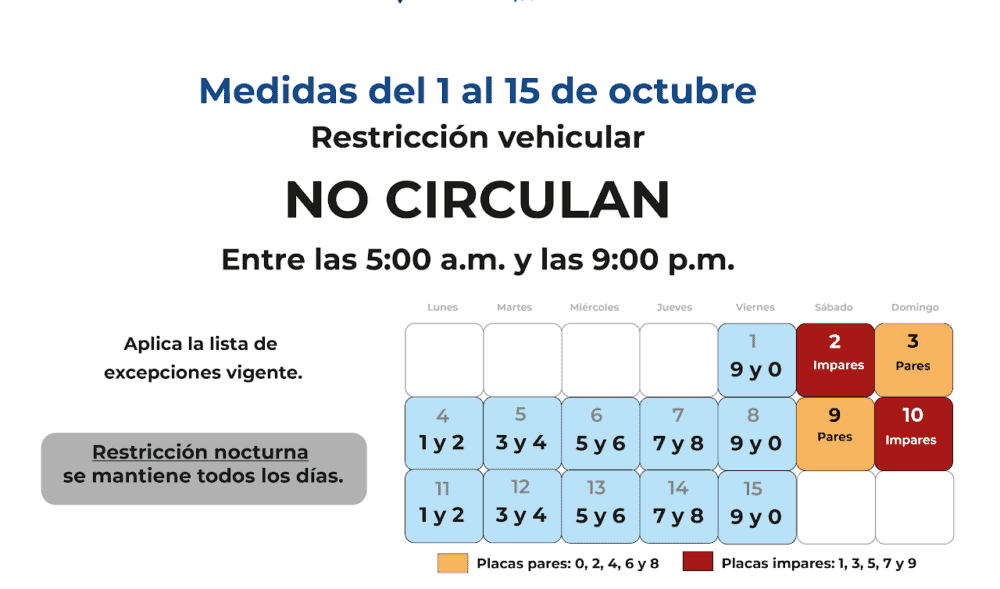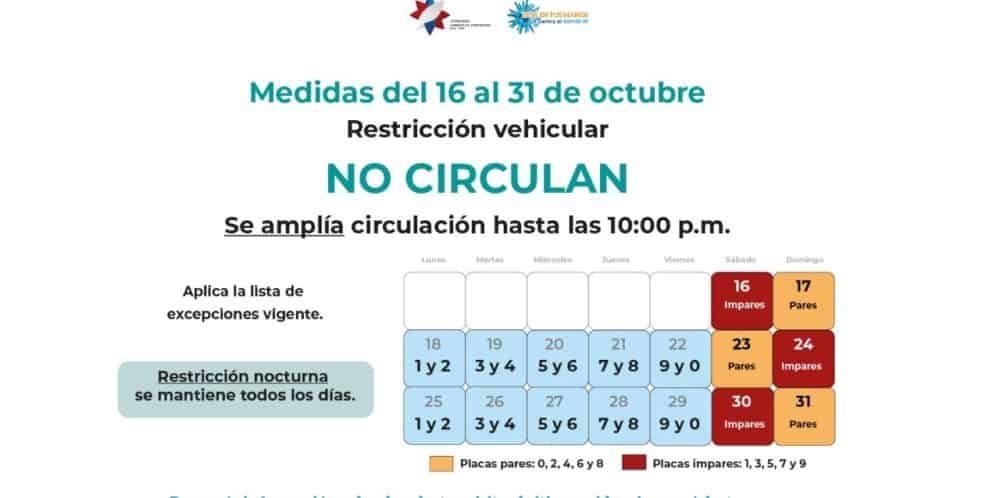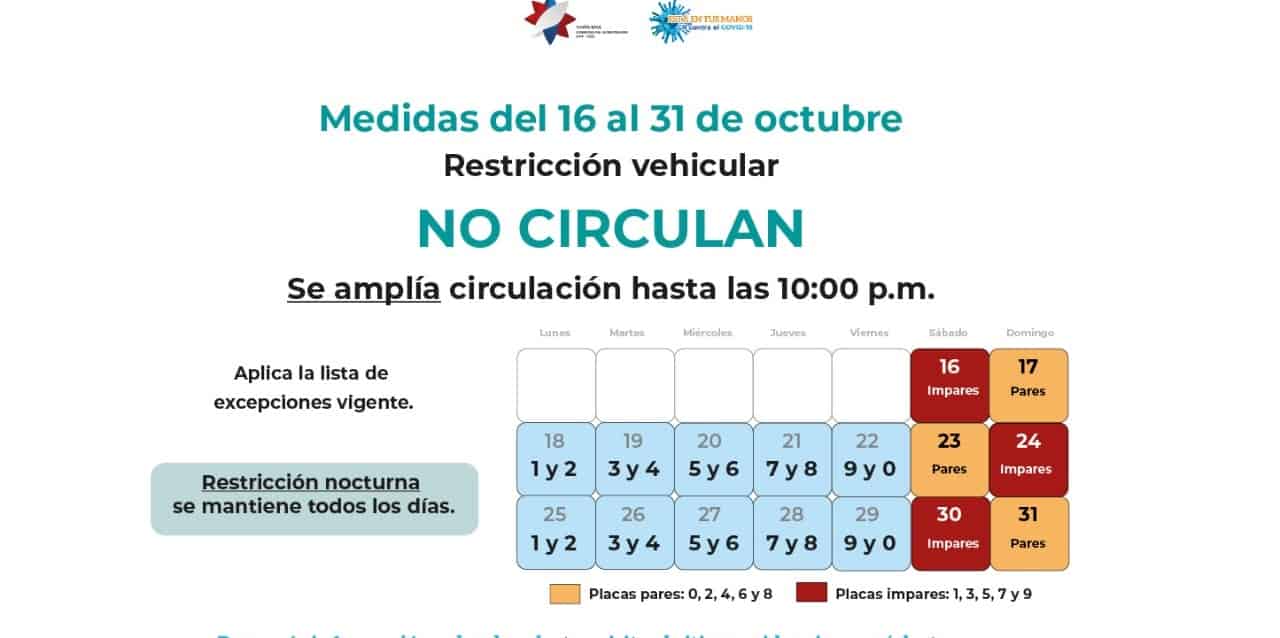Below are Costa Rica’s updated measures and vaccine mandates related to the coronavirus pandemic.
Costa Rica will gradually allow more activities and ease capacity restrictions through December 2021. In turn, it will also impose new vaccine requirements.
Costa Rica vaccine mandate
As of October 15, all public-sector employees in Costa Rica will be required to be vaccinated against Covid-19. Private employers can also obligate their employees to be vaccinated.
Starting December 1, 2021, the Covid-19 vaccine will be a requirement to partake in some activities and enter many businesses in Costa Rica. Authorities said this will allow for eased capacity restrictions and more large events.
“We have to give time for the people who remain to get their two vaccines,” said President Carlos Alvarado. “As of December 1, there will be no excuse.”
Establishments requiring vaccination will include: Restaurants, bars, casinos, commercial centers, museums, gyms, hotels, adventure tourism, theaters, sites of worship, sporting events.
Vaccine status will be verified via a digital form or mobile-phone application that will be made available in November. The QR code can also be printed. It follows the format used by European Union’s Digital COVID Certificate, which will allow Costa Rica to validate the vaccine status of tourists from those countries.
Costa Ricans who got vaccinated abroad will submit a sworn declaration to the Health Ministry in order to receive their QR code.
Travel and borders
Costa Rica is welcoming tourists who arrive via flights (commercial or private) or boats (yachts or sailboats). Cruises carrying vaccinated passengers and crew can also make ports of call in Costa Rica. The land borders are open to tourists, residents and citizens.
A negative coronavirus test is not required for entry to Costa Rica. Minors and vaccinated tourists can enter Costa Rica without insurance. Unvaccinated or partially vaccinated adults must purchase health insurance covering the duration of their stay in Costa Rica.
For more information about Costa Rica’s entry requirements, including details regarding the insurance, visit the Costa Rica Tourism Board’s official site.
Driving restrictions


Authorities are continuing driving restrictions, with a general nighttime ban from 10 p.m. to 5 a.m.
During the daytime hours:
- Monday: Vehicles with plates ending in 1 and 2 cannot circulate.
- Tuesday: Vehicles with plates ending in 3 and 4 cannot circulate.
- Wednesday: Vehicles with plates ending in 5 and 6 cannot circulate.
- Thursday: Vehicles with plates ending in 7 and 8 cannot circulate.
- Friday: Vehicles with plates ending in 9 and 0 cannot circulate.
- Weekend:
- Vehicles with plates ending in even numbers cannot circulate on the 17th, 23rd or the 31st.
- Vehicles with plates ending in odd numbers cannot circulate on the 16th, 24th or the 30th.
The typical list of exceptions — which includes rental vehicles, people driving to/from a hotel reservation, people driving to/from the airport and people driving to/from work or school — continues to apply. The official list of exceptions can be found here.
The national daytime driving restrictions will be lifted during weekdays starting in November. The weekend driving restrictions will end November 15.

Tourism activities
All outdoor tourism activities are permitted. All national parks can be open (most up to 100% capacity), and beaches can remain open daily from 5 a.m. to 8 p.m.
Guests are required to wear masks in some outdoors situations, so come prepared. (e.g. You need to wear a mask when purchasing your ticket to a national park, but you can remove the mask when you’re hiking.)
Businesses and activities
The vast majority of businesses can operate (with some capacity restrictions) from 5 a.m. until 10 p.m. This includes restaurants, bars, religious gatherings, movie theaters and farmer’s markets.
Delivery and some essential services can operate without time restrictions.
Activities that are not permitted in October include: fairs, nightclubs and large religious processions. The full list of establishments and activities that are not allowed is here.
In November and December, businesses will be allowed to remain open until 11 p.m. In addition, social events and sporting events will have increased capacity allowances starting in November.
See above for the vaccine mandate that will begin in December.
Covid-19 testing requirements
Costa Rica does not require a negative coronavirus test to enter or exit the country. However, many foreign countries (e.g. the United States, Canada) do require a negative test if flying into or transiting through those nations. Check with your airline or your destination country for the most up-to-date regulations.
More than 100 private labs across Costa Rica offer PCR and/or antigen coronavirus tests. Click here for a list. Both Costa Rica airports offer Covid-19 tests. Click here for more info.
Note that antigen tests are accepted for entry into the U.S. but are not valid for entry to some countries.
Anyone in Costa Rica who is asymptomatic can purchase an antigen test at a private lab. Prices vary but typically start at about $50. Symptomatic individuals should opt for a PCR test.
Samples for PCR and antigen tests in Costa Rica are collected via nasal swabs.
Notable exit requirements
Costa Rica does not impose any Covid-related measures to leave the country. However, some foreign countries (such as the United States) do require a negative test if flying into or transiting through that nation. Both Costa Rica airports offer Covid-19 tests to help facilitate travel.
Panama has established a quarantine requirement for unvaccinated visitors who have recently been in Costa Rica or the United States.
Mask wearing and other measures
Masks are required in all public indoor settings. You can be denied entry into an establishment if you are not wearing a mask. Many businesses require hand washing and/or have implemented temperature checks.
In general, individuals should make reasonable efforts to maintain physical distancing of at least 2 meters from others when in public.
All of these measures apply to vaccinated and unvaccinated people.
The official site for coronavirus measures in Costa Rica is: https://presidencia.go.cr/alertas.
How to get a vaccine
Costa Rica is vaccinating all adult citizens and residents. Tourists are not typically eligible for the vaccine; undocumented migrants who can demonstrate their permanence in the country can receive a vaccine.
Vaccines are administered at EBAIS, which are the public-health clinics that comprise part of Costa Rica’s national healthcare system. Each EBAIS manages a list of people who live in their jurisdiction. This list is used to identify priority individuals and to schedule their vaccine appointments.
Citizens and residents ages 18 and older can also receive a shot — no appointment needed — at mass vaccination sites across Costa Rica. Click here for official information from the CCSS.






